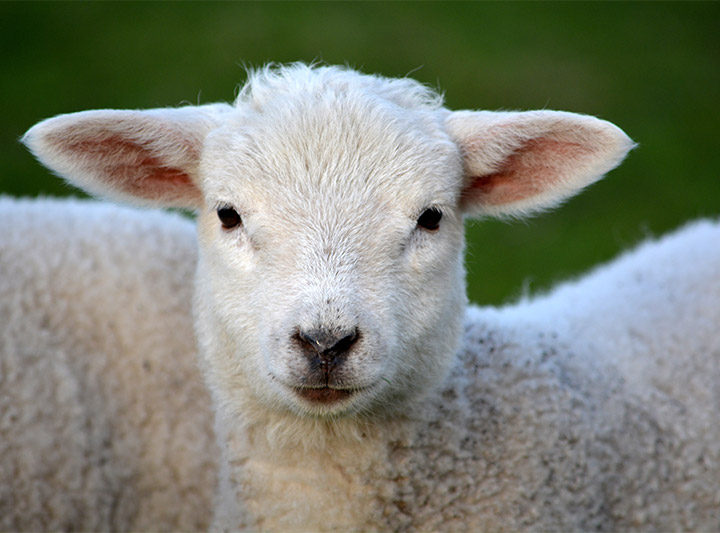
New Zealand’s pastoral landscapes are not just beautiful; they’re also the lifeblood of its agricultural industry. For lifestyle block owners, effective pasture management isn’t just about maintaining green fields—it’s about nurturing ecosystems that sustain both livestock and the environment. In recent years, regenerative agriculture has gained traction as a holistic approach to farming that aims to restore and enhance ecosystem health while improving productivity. Here are some essential tips for integrating regenerative practices into pasture management on your lifestyle block in New Zealand.
Soil Health Assessment and Regeneration:
- Regenerative agriculture begins with the soil. Soil fertility is vital for optimal plant growth, with 16 essential nutrients required by pasture plants. Of these nutrients, nitrogen (N), phosphorus (P), potassium (K), sulfur (S), and magnesium (Mg) are often supplemented through fertilisers. Regularly conduct comprehensive soil tests to assess your farm’s nutrient status, taking into account past fertiliser applications. Additionally, pasture tests can provide insights into nutrient uptake and trace element status, which are crucial for animal health and pasture growth.
- Implement practices such as minimal tillage, cover cropping, and incorporating organic matter like compost or manure to improve soil structure, enhance water retention, and stimulate microbial activity. Nitrogen is particularly important for boosting pasture supply when used wisely, with its effectiveness varying based on seasonal and climatic conditions. Address soil acidity by applying lime, promote pasture growth with phosphorus, and manage sulfur and potassium effectively to ensure vibrant and healthy pastures. Adjust fertiliser application rates and timing based on soil and pasture requirements to optimize both plant and animal health.
- Healthy soils are the foundation for productive pastures and resilient ecosystems, making soil health assessment and regeneration a cornerstone of regenerative pasture management. By focusing on nutrient balance, soil structure, and microbial diversity, you can cultivate soils that support robust pasture growth, enhance livestock productivity, and contribute to sustainable agricultural practices.
Grazing Management:
- Regenerative grazing practices focus on mimicking natural grazing patterns to promote soil health, biodiversity, and animal welfare. Implement rotational grazing systems that allow for adequate rest periods between grazing sessions. By moving livestock frequently through paddocks, you prevent overgrazing, stimulate grass regrowth, and distribute manure evenly. Adaptive multi-paddock grazing, where stocking rates are adjusted based on forage availability and seasonal conditions, promotes resilience and sustainability. For more information about rotational grazing vs set stocking your animals, get in touch with our team today.
Diverse Pasture Species:
- Single grass pasture species are vulnerable to pests, diseases, and environmental stressors. Embrace diversity by incorporating a variety of grasses, legumes, and herbs into your pastures. Diverse plant communities enhance soil health, provide a wider range of nutrients for livestock, and attract beneficial insects. Consider establishing polycultures or “cocktail” mixtures of pasture species to increase resilience to climate variability and improve forage quality. Species that are suitable include tall fescue, chicory, plantain, lucerne, etc. Alpacas particularly enjoy an ”alpaca mix” pasture.
Water Management and Riparian Restoration:
- Water is a precious resource, especially in New Zealand’s variable climate. Implement water management practices that reduce runoff, prevent erosion, and protect water quality. Establish riparian buffers along waterways with native vegetation to filter pollutants, stabilize banks, and provide habitat for wildlife. Ensuring that your animal water troughs are fed by a separate “stock” water tank is always a great idea on a farm or lifestyle block.
While agriculture is not our area of expertise, our veterinarians are versed in the topic, and we are happy to discuss the topic with you if you need further guidance on how to incorporate regenerative farming practices into your lifestyle block system. Get in touch with our team at The Lifestyle Vet.




